Exchange Students Visit SuDS+ In Stanley
A group of American students on an exchange visit with Northumbria University recently visited our study area. A brief report written by Isabel Edwards (Beloit College, Wisconsin), Sarah Braunstein (Indiana University Bloomington), Thomas Fenno (University of Utah), Chi Chi Okezie (Macalester College, Minnesota) is below.
On 29/05/25 we, the International Research Experiences for Students (IRES) group from Northumbria University, visited Stanley to take part in a SuDS+ community survey on the new development on site F at Cleveland/Cheviot Terrace in South Stanley. We greatly appreciated how everyone involved in the project and the community members were welcoming towards us. It was wonderful to experience the space and interact with community members. The students also stopped to chat with the contractors completing work on the site.

A big part of the reason we wanted to join this project was to interact with the community and environment which made these interactions very special. In a lot of other projects like this the community is not considered, and they have to deal with feelings of confusion and apprehension from being left in the dark. Hearing stories from the people who grew up in and care for Stanley allows us to understand the range of perspectives, feelings, and concerns about their environment. We hope that the SuDS+ work we are assisting can bring a positive change to the community and further community initiatives. Thank you to Eleanor, Mark and the community for having us!
The students then visited Quaking Houses to explore another SuDS+ project at the village hall

Dr Anna R L Carter, Research Fellow, Northumbria University said
Partnering with SuDS+, our project centres on communities in Stanley and surrounding areas. We’re looking at how digital tools and participatory methods can help surface local knowledge, build trust, and ensure that people have a meaningful role in shaping sustainable interventions. This includes exploring new ways to co-design strategies around flood resilience and ecological care that are rooted in everyday experiences and long-term community priorities.
Recently, we welcomed visiting students from the US, who supported this through door-to-door interviews and site visits, bringing fresh perspectives and helping build connections within the community.
This collaborative approach is helping to surface valuable local insight and lived experience, ensuring that sustainability strategies are not only environmentally sound but socially meaningful. By combining digital tools, participatory methods, and place-based knowledge, the project aims to foster more inclusive, informed, and caring civic processes.
The students helping with a practical conservation task to reduce Himalayan Balsam growing at Craghead Millennium Green.




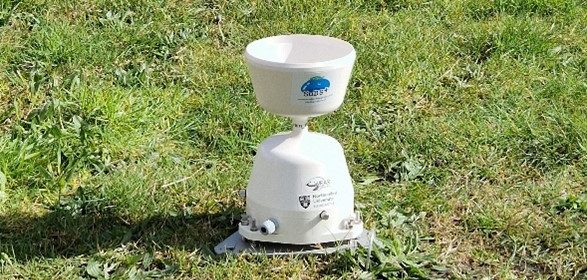
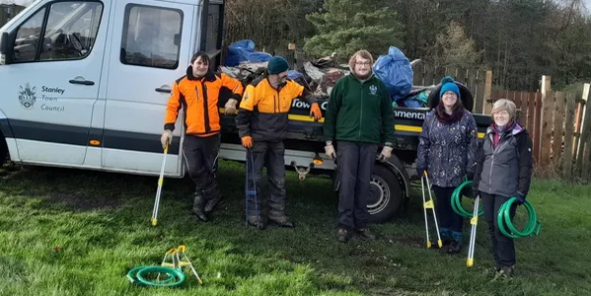
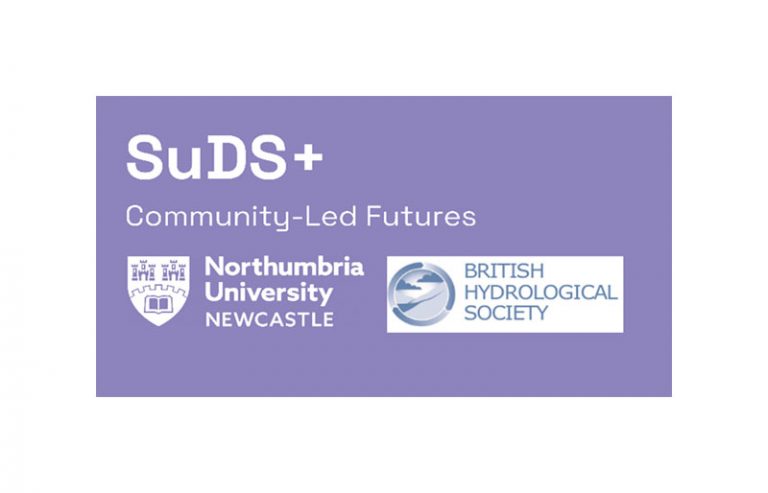
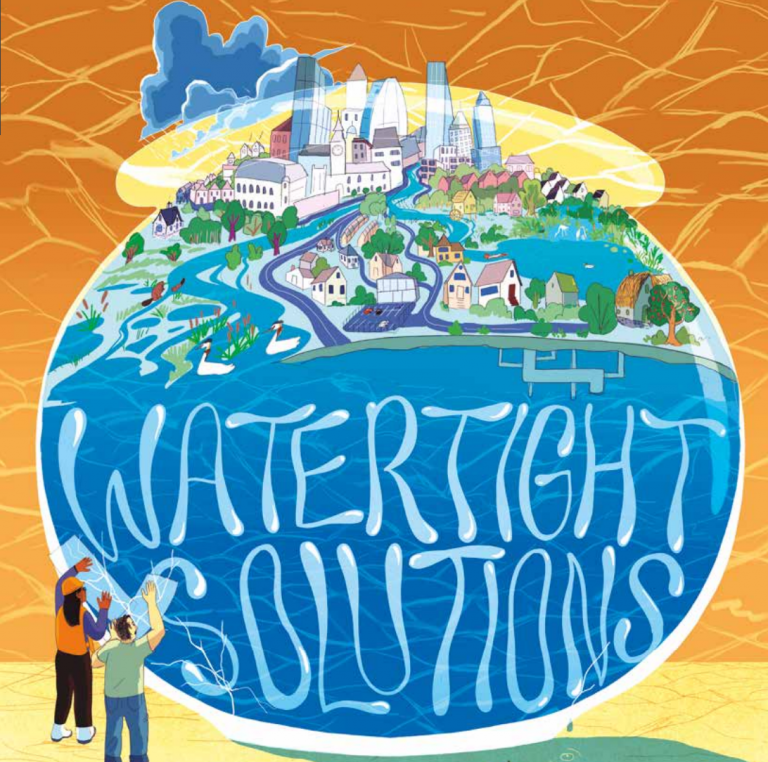
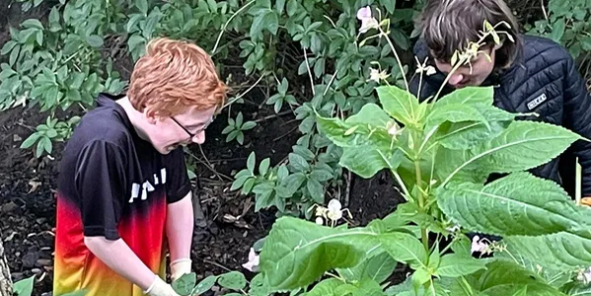
One Comment